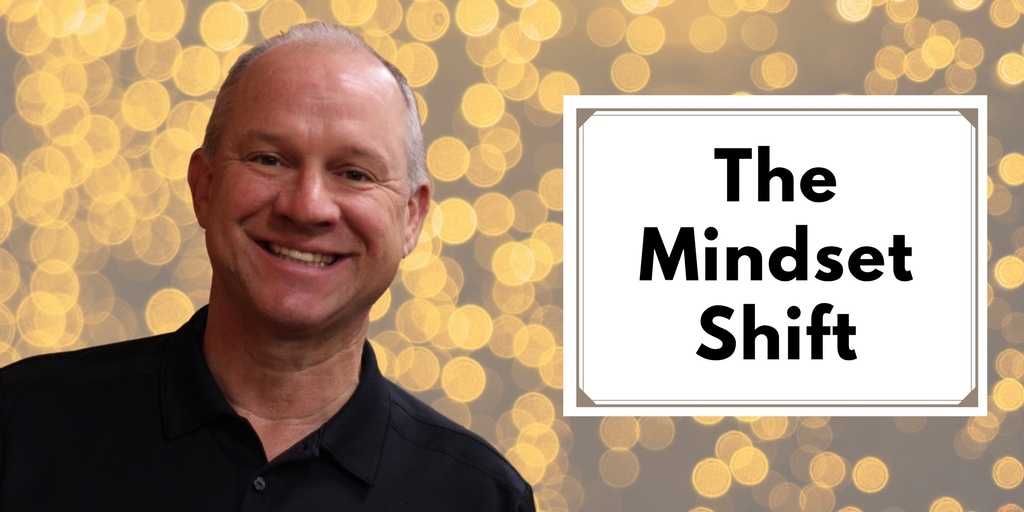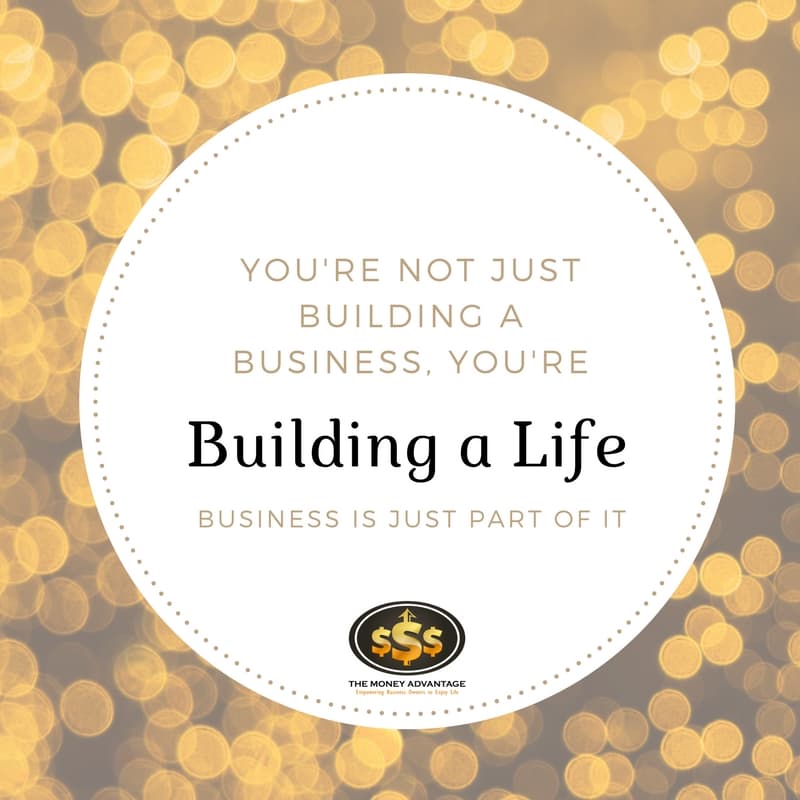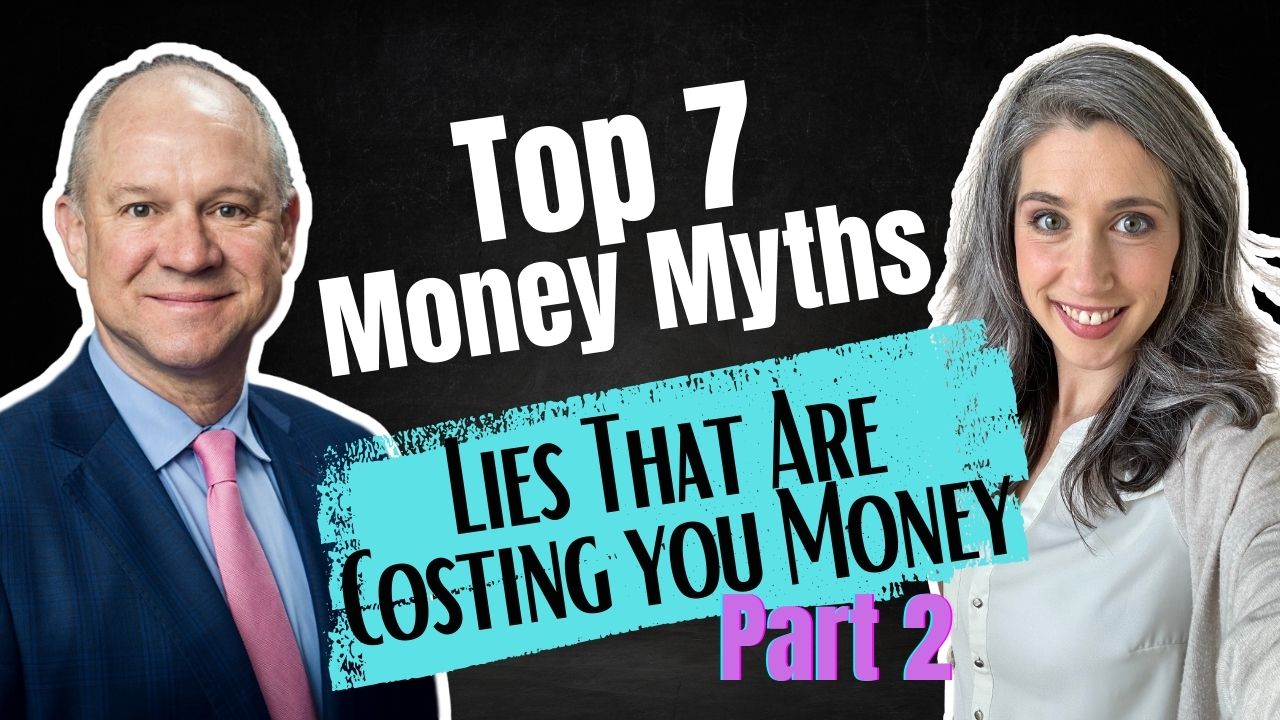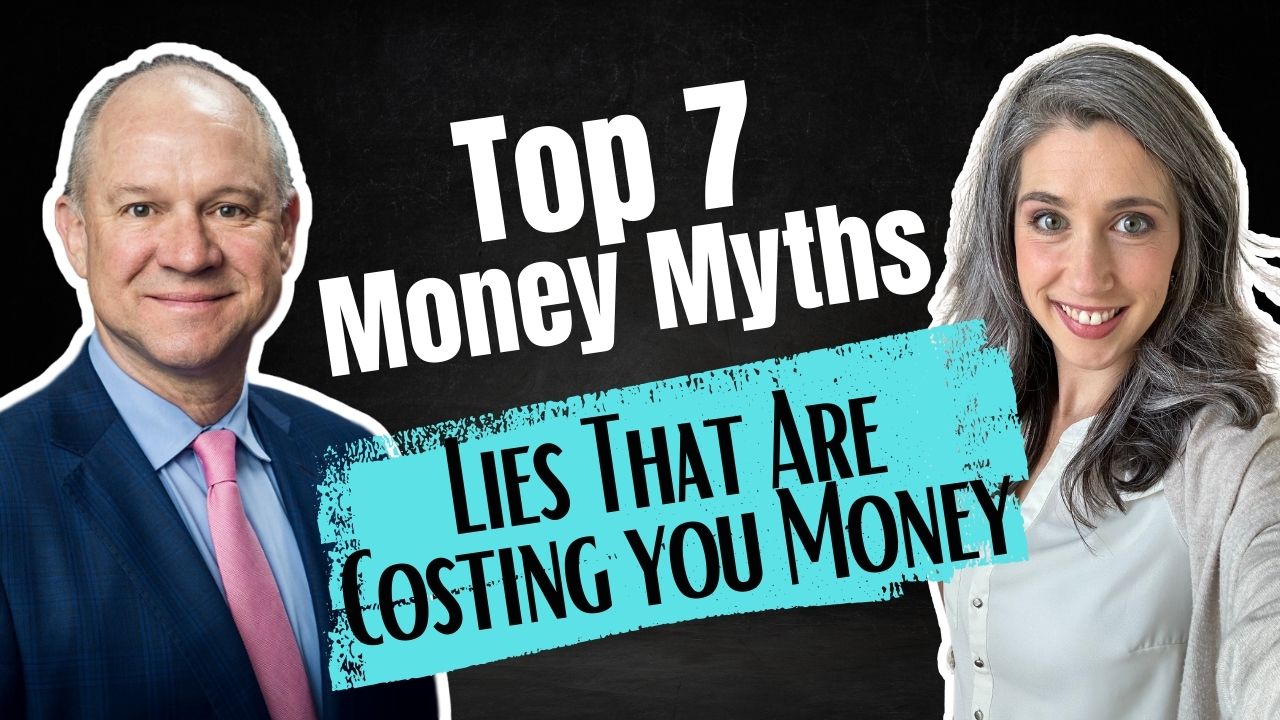
The Mindset Shift
At 25 years old, Bruce Wehner had chest pains and thought he was having a heart attack. The crisis caused him to face his own mortality. He re-evaluated the nobility of hard work, pushing himself, and hustling.
Bruce’s backstory highlights two strategic mindset shifts that have developed him into the person he is today. Because of his experience, he has become a giver with the keen ability to add value to his clients’ lives.
The first shift was a decision not to be dependent on another person or entity for his livelihood.
The second shift was the move from transactional selling to truly delivering value.
Bruce’s early life experiences in business and entrepreneurship led him to embrace business ownership as a way of life. Because he understands the business culture and unique challenges owners face, he serves them with tremendous value.
His perspective and insights are what have allowed him to personally take thousands of clients through a financial discovery process. His objective is to put the client in control of their own financial destiny.
We hope that you will find yourself in his story and that his transparent honesty will validate your own experiences.
Podcast: Play in new window | Download (Duration: 37:47 — 34.6MB)
Subscribe: Apple Podcasts | Spotify | Android | Pandora | RSS | More
In case you missed it, in the prior episode, we discussed How The Money Advantage Began.
Table of contents
The Prevailing Culture of Dependence
Bruce grew up during the ‘60s and ‘70s. During the years of the Vietnam War conflict in the ’60s, the US economy was struggling. This was an influential time for Bruce as he watched the birth of entitlement programs.
Additionally, in the pre-World War II timeframe, as the industrial revolution began, the economy shifted from being dominated by small businesses, to one driven by corporations and employees.
Together, these changes caused people to develop a mindset of dependence on the government and corporations.
The Early Influence of His Father’s Business
Despite the backdrop of dependence that surrounded him, Bruce learned about business ownership at a very young age.
He was the child of German immigrants. His father, like many others in the immigrant community, owned a business.
From working in his father’s Shell Service Station, Bruce learned about the value of hard work and the necessity of innovation.
He watched his Dad build a self-sustaining business. His dad developed a team and had the flexibility to leave the business and have it continue to operate.
As a child, he remembers working long hours in the gas station, often from 6 a.m. to 9 p.m.
The Need for Innovation During Creative Destruction
The Oil Embargo of 1975-1976 and Missouri’s Blue Laws restricted his father’s ability to operate his business.
This brought about creative destruction, shifting the industry from true service to self-service and convenience. Service stations used to include pumping gas for people, tire rotation, windshield washing, checking the radiator and fan belts. To stay competitive, merchants had to mark down the gas. They provided gas as a loss leader and added convenience items to bring in profit.
Bruce’s father couldn’t expand into the convenience model because his station was landlocked. He was unable to ride the wave of change and stay profitable in the new environment and lost his business as a result.
The Undercurrent of a Scarcity Mindset
As Bruce looks back, he notices the fear that shrouded his father’s entrepreneurial activities. Business was a grind, and the hard work and long hours were esteemed. Business was not something you could enjoy and find true meaning and fulfillment in.
His family and community believed in never owing anyone, business ownership, taking care of yourself, and living frugally.
Additionally, there was a trend in the Baby Boomer generation that it was taboo to talk about money. As a result, they didn’t pass on knowledge to the next generation.
In spite of it being a forbidden topic, Bruce was curious about money.
One day, Bruce had asked a customer how much their car cost. Bruce’s curiosity embarrassed his father, who rebuked him. He berated his son and commanded to never ask anyone about how much something costs or what they make.
This only propelled Bruce’s curiosity further, driving him to learn about money.
Financial Academy at the Chevrolet Dealership
When the service station closed, 12-year-old Bruce was expected to get a job. He found a job at the local Chevrolet dealership cleaning cars and floors. One of the owners took Bruce under his wing and taught him about business and the fundamental role of cash flow.
He learned about the business benefit of completing work quickly because the payments from one job brought in the cash flow to serve more customers.
From Business Ownership to Employee, and Back Again
During his high school years, he started his first entrepreneurial venture. He and some friends capitalized on the fashion trend of furs and started a business selling raccoon pelts. He did the work of trapping before school every day, and then spent the rest of the day on his studies.
After college, he settled into a teaching and coaching career as an employee.
An Introduction to Cash Value Life Insurance
Three years in, in the ’80s, he started moonlighting in life insurance sales, showing people how to use cash value whole life insurance for passive income in their retirement years.
He helped people put small amounts of money into policies every month, build it up over 30 – 40 years, and be able to use their cash value.
As a result, Bruce also was able to use his own cash value of life insurance to purchase his first home and pay himself back, using it as his own banking system.
Mindset Shift 1: Taking Control
A scary brush with mortality and a failed project changed everything.
The stress of working two jobs at once took its toll on him. At 25 years old, he had chest pains and thought he was having a heart attack. The crisis caused him to face his own mortality. He re-evaluated the nobility of hard work, pushing himself, and hustling.
He pulled back from the life insurance work to focus on education for 12 years. This led him to help start a private school, a project that ended up failing.
It was this event that caused him to realize that he didn’t want to be reliant on another organization or another person for his livelihood anymore. He wanted to take control and ownership of his own financial life and destiny.
Finding His Life Work as a Financial Educator
To seal his commitment to business ownership, Bruce bought a car repair business and ran it for 6 years.
A family emergency caused he and his wife to move back to the St. Louis area, and he reconnected with one of the guys who he’d worked with in life insurance 18 years prior.
The organization primarily served educators, by helping them learn how their pension plans worked.
Bruce’s experience as an educator made the fit almost as if the financial educator role was designed just for him, and they went into business together.
Mindset shift 2: The Role of Adding Value
It wasn’t until then that he began to realize the significance of doing work that fits your own unique abilities, and how that produces greater personal satisfaction, enjoyment, and greater benefit to others.
He’s continued in this same business over the last 10 years. Along the way, he’s moved from operating in financial services as a transaction to a position of adding value.
After being told to never embarrass people by asking about their money, he now helps people work through their emotional response to money.
He helps people realize that they’re not just building a business, they’re building a life. Ultimately, they want a life that they’re proud of, and business is just a part of it. When you’re doing work you love, it’s not something you eventually want to escape from, but it adds significance, meaning, and energy to your life.
The Podcast Has More
If you liked this article, you’ll love the podcast! In The Money Advantage Podcast Episode 002, we discuss:
- How an understanding of needs and adding value will completely transform your perspective and results in sales.
- The freeing solution to work-life balance.
- Financial thinking exercises that will help you find the root cause of your concerns.
- Insight into how to keep and control more of your money as it relates to your mortgage interest tax deduction and paying off your house.
Episode Resources
The 10x Mind Expander book and interviews, by Dan Sullivan
Up Next …
In Episode 003 – Just Take Action, I share my journey into entrepreneurship, beginning with a desire and a conscious choice to take ownership of my life and future.
I’ll tell you about how I got started in health insurance and grew to help business owners with their greater needs to improve their cash flow and get their money working for them.
In 6 years in business, I and my husband Lucas have learned so much by finding mentors, learning, taking action, failing forward, innovating, and pivoting to serve people more effectively.
Although I started out as a perfectionist, I soon realized the value of taking action, even imperfect action, and continually evolving.
Success leaves clues. Model the successful few, not the crowd! And build a life and business you love.
Becoming Your Own Banker, Part 27: 7 Money Myths that are Costing You, Continued
Is what you think about money actually true? Is it helping or hurting you? Moving you forward and expanding your influence, or limiting you and your potential? If you joined us last week, you know that in true Bruce and Rachel fashion, we only covered half of our intended conversation, so we’re back to reveal…
Read MoreBecoming Your Own Banker, Part 26: Top 7 Money Myths, Lies That Are Costing You Money
What if what you think about money turned out not to be true? Even worse, what if you’re believing lies that are costing you money? Embark on a journey as we unravel the twisted web of money myths holding you back from true wealth. Inspired by Nelson Nash and flavored with insights from David Stearns,…
Read More



